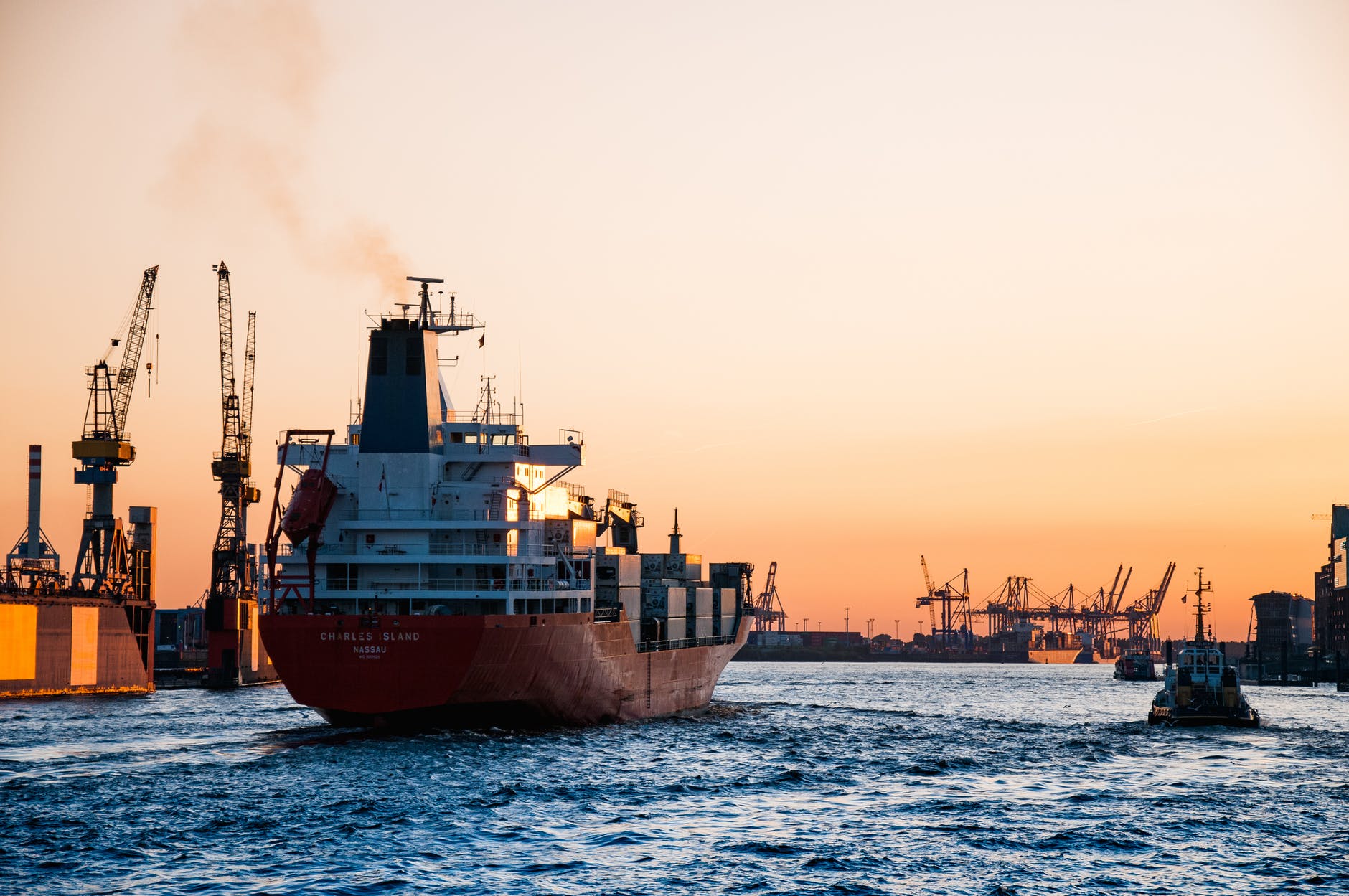Have You Calibrated Your Weighing Scale?
Your answer should be Yes
– else you may be getting inaccurate results unknowingly. Another matter of concern should be how often
you have calibrated it – once a month, weekly, daily? If you are not sure whether
you are calibrating your weighing scale as often as it should be, then best
read on.
The Initial Calibration
With the various weighing scales for sale in the Philippines, purchasing one is no issue. The calibration,
however, is an aspect that must not be overlooked. Normally, the weighing scale
has been calibrated at the facility (factory calibrated) you brought it from,
but it may still need to recalibrate it once it arrives at your location. The
factory’s elevation may be different from yours, so on-site calibration is a
must to ensure accuracy on your weighing scale’s results.
Regular Calibration
But how regular is
regular? There is not a single answer to this. How often calibration should be
is dependent on the following factors:
-
Manufacturer’s recommendations
The
manufacturer should know best. Being the one who built the weighing scale, the
manufacturer must be knowledgeable in the proper maintenance guidelines to keep
the equipment accurate.
-
How often the scales are used
The weighing
scale’s wear and tear is greatly affected by the frequency of its use. Take
notice of how often you use the weighing scale, and such should be
proportionate with how frequently you should calibrate it as well.
-
Environment
Observe the
quality of the environment where the weighing scale is situated. Are there
extreme temperature fluctuations, humidity, water, and dust exposure? Is the
weighing scale moved around habitually? If the location has harsh conditions,
the weighing scale needs to be calibrated as often as possible.
-
Purpose of the scale
Check the
materials weighed on the scale – can these contribute to corrosion or rust? Is
it normally used for extremely heavy objects?
Ensure as well
that the calibration company you transact with is accredited by the NMIS
(National Measurement Infrastructure System). Weighing scales for sale in the
Philippines should always be maintained and calibrated properly to ensure
compliance with the international standards that protect the health, interest,
and safety of the consumers. Companies that use weighing scales should not rest
on their laurels upon purchase, weighing scales must be calibrated properly and
regularly for the best interest of everyone.



Comments
Post a Comment